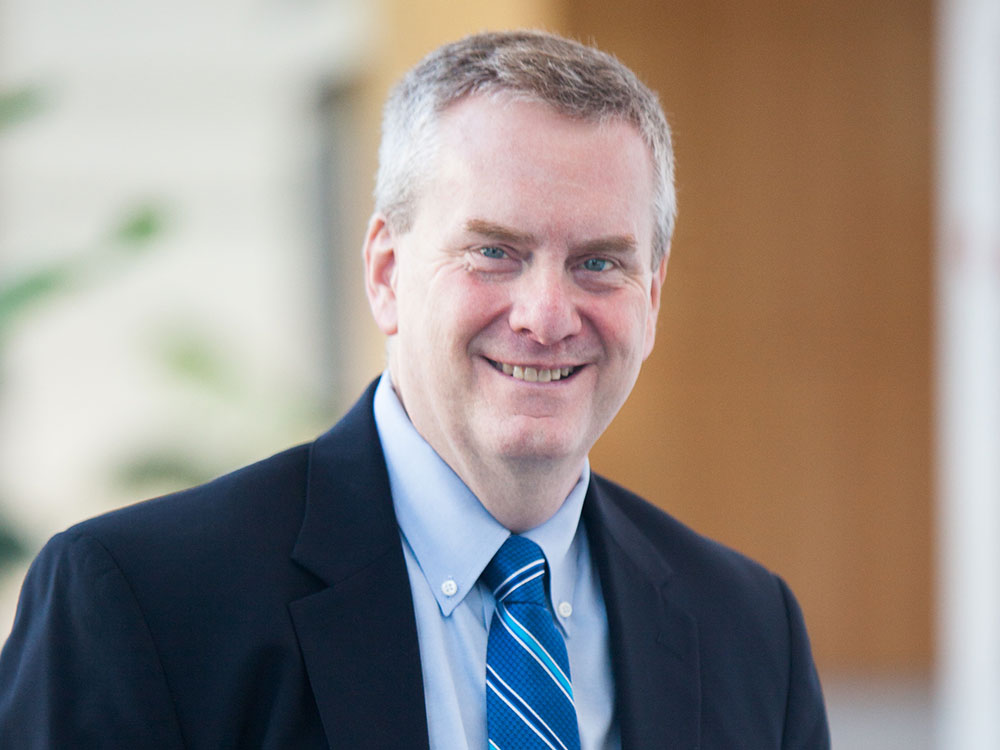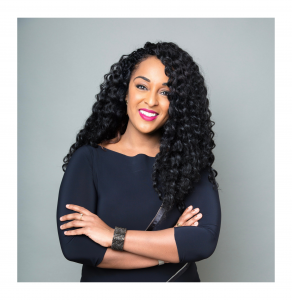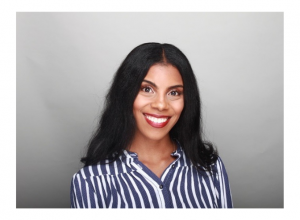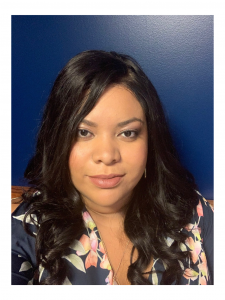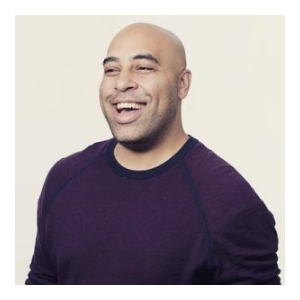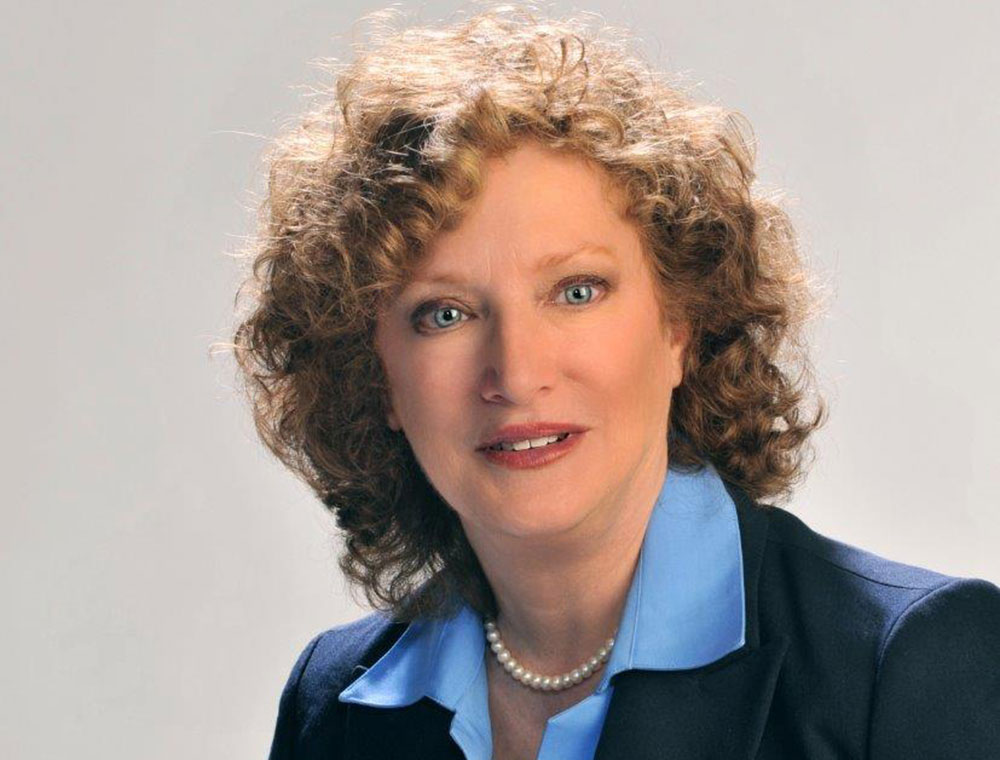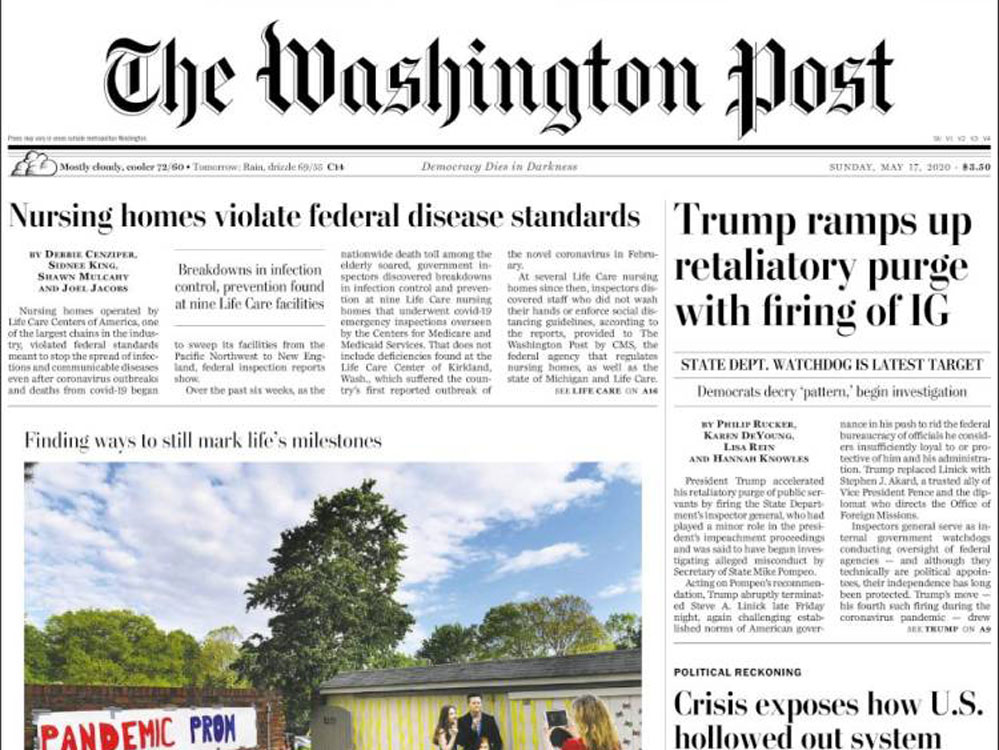As Deputy Digital Director for Joe Biden, Humphrey has successfully directed a mostly grassroots-based online fundraising program.
by Julia Richardson, BSJ23
Graphic by Carly Schulman
At 28 years old, Clarke Humphrey (Medill ’14) is leading the charge on ads, emails, texting and store fundraising for former Vice President Joe Biden’s presidential campaign. As Biden’s deputy digital director, Humphrey is running a historically successful fundraising program fueled by grassroots support.
After she graduated from Northwestern, Humphrey worked as a production assistant at the Democratic National Committee, where she contributed to the DNC online fundraising efforts for the midterm elections. In 2016, she joined then-Democratic presidential nominee Hillary Clinton’s campaign as digital director for North Carolina.
Humphrey went on to oversee the DNC’s ads program for the 2018 election cycle and worked for Bully Pulpit Interactive, a political ad agency in Washington, D.C., before becoming the DNC’s primary online director. In June, she landed her current position as deputy digital director, a job she describes as “reactive.”
“I would say throughout days, they don’t really look the same, so you are basically dealing with whatever is happening in the world at the time,” Humphrey said. “What I have envisioned my role to be is kind of just doing what I call blocking and tackling, so the folks on my team have the space to run effective programming.”
Leading up to the 2020 election, Humphrey focused on making sure there is enough money to run the Biden campaign’s ads. She also negotiates for resources that her team may need and organizes emails from significant signers, such as former President Barack Obama. She said the campaign has raised a large amount of money in the last few months, allowing for more TV ads and campaign efforts in battleground states.
Although working amid the uncertainties of a global pandemic has been difficult, Humphrey says one of the most rewarding parts of her job is grassroots fundraising.
“This campaign is primarily funded by people who are giving us donations of $200 or less, and that is the program that I oversee,” she said. “Just being in a position where literally millions of people are giving their hard-earned dollars to own a part of this campaign, and power the work that needs to be done. That, to me, is what makes this work really fulfilling.”
Lauren Williams, Humphrey’s friend and former colleague at the DNC, said Humphrey’s ability to build a strong fundraising team while maintaining good relationships is an “underrated skill,” and that she has a unique way of connecting with both supporters and people she works with.
“She takes her work incredibly seriously, but does not take herself too seriously,” Williams said. “All while coming across not as a very stuffy spokesperson, but she comes across as a real person with a bright personality and a sense of humor.”
Shelby Cole, former digital director for vice presidential nominee U.S. Sen. Kamala Harris (D-Calif.), said Humphrey has especially succeeded at running an ethical fundraising program with messages grounded in truth and reality.
“She, I think, really believes strongly in treating supporters like human beings and not ATM machines,” Cole said. “So, having watched her step into this role and run this program at this scale, as a Black woman to do it, too… I don’t think anyone has ever done what she’s done.”
Although Humphrey is what Cole describes as “the best in the industry,” she did not always plan to work in politics. She said she had envisioned herself as a magazine writer and only considered campaign work once graduation was approaching and it came time for her to apply for jobs.
However, Medill Dean Charles Whitaker, who taught Humphrey and worked with her in NU’s chapter of the National Association of Black Journalists, said her career path did not come as a surprise to him.
“She was always a really strong leader, someone who… I could tell was going to go into politics because she was good at assembling people and rallying them around a cause,” Whitaker said. “(Her position) is a great intersection of things she is good at and is passionate about.”
Humphrey said that her work has allowed her to learn a lot about herself and that she enjoys working in the political space. But she said she hopes to diversify the space going forward, as it still may be difficult for those without money or connections to become involved.
“That affects the work that we’re able to produce,” she said. “We are talking to so many different and diverse groups of people, and the people doing that work should reflect the basic folks that we are trying to talk to, and so one thing that I have learned about myself is that I’m very passionate about getting the space to a place where that actually is true.”
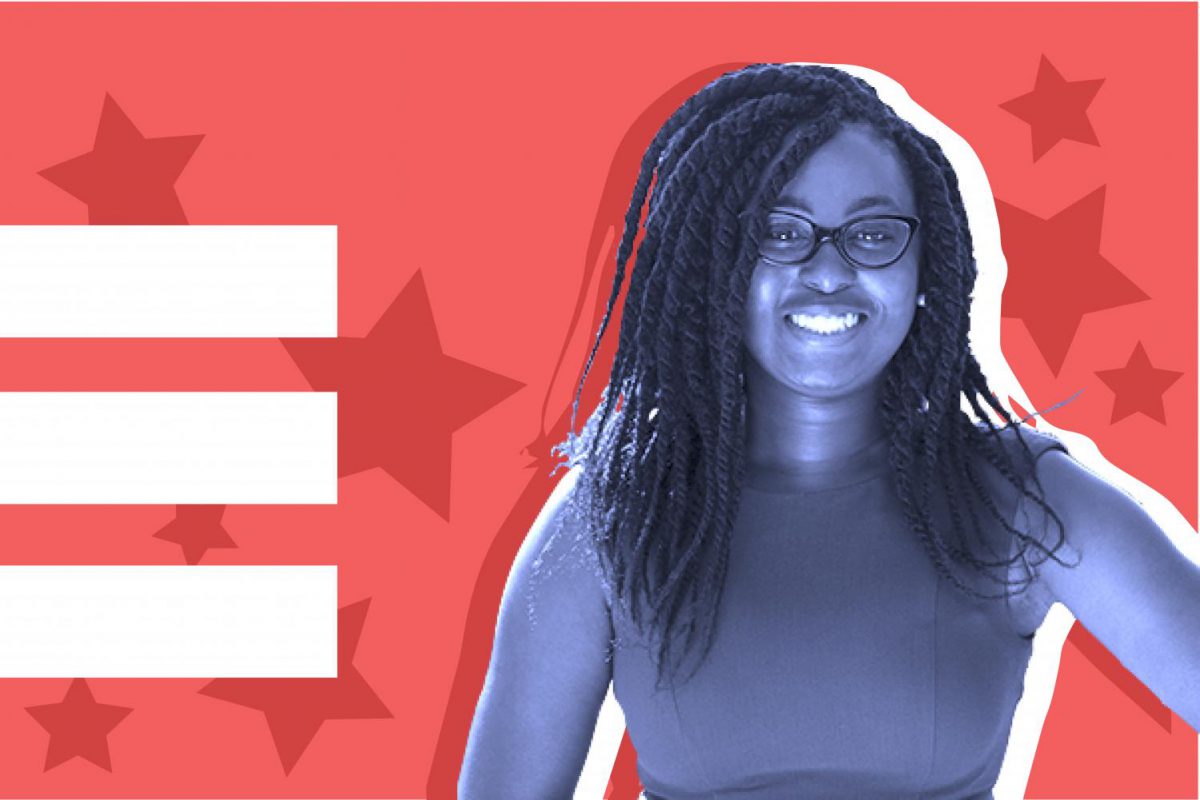
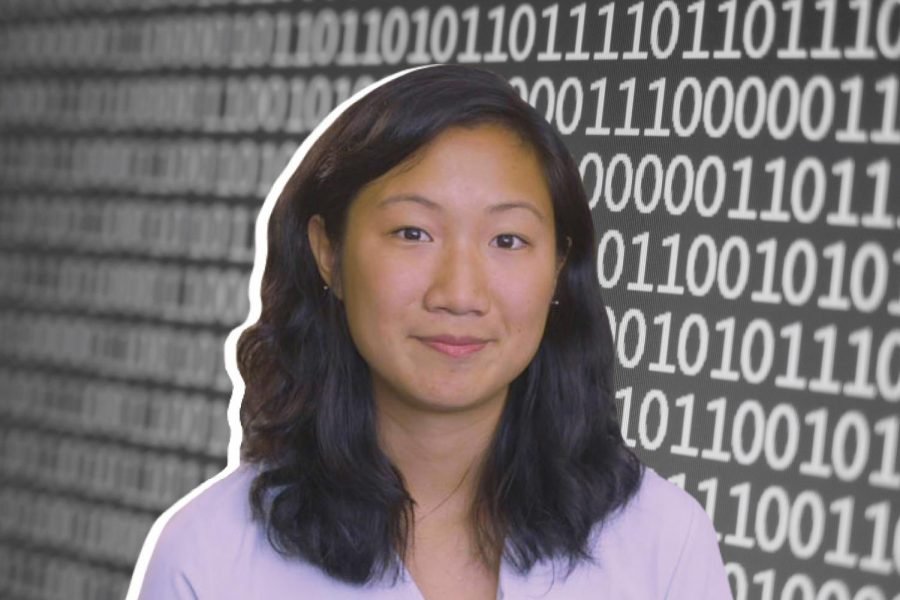
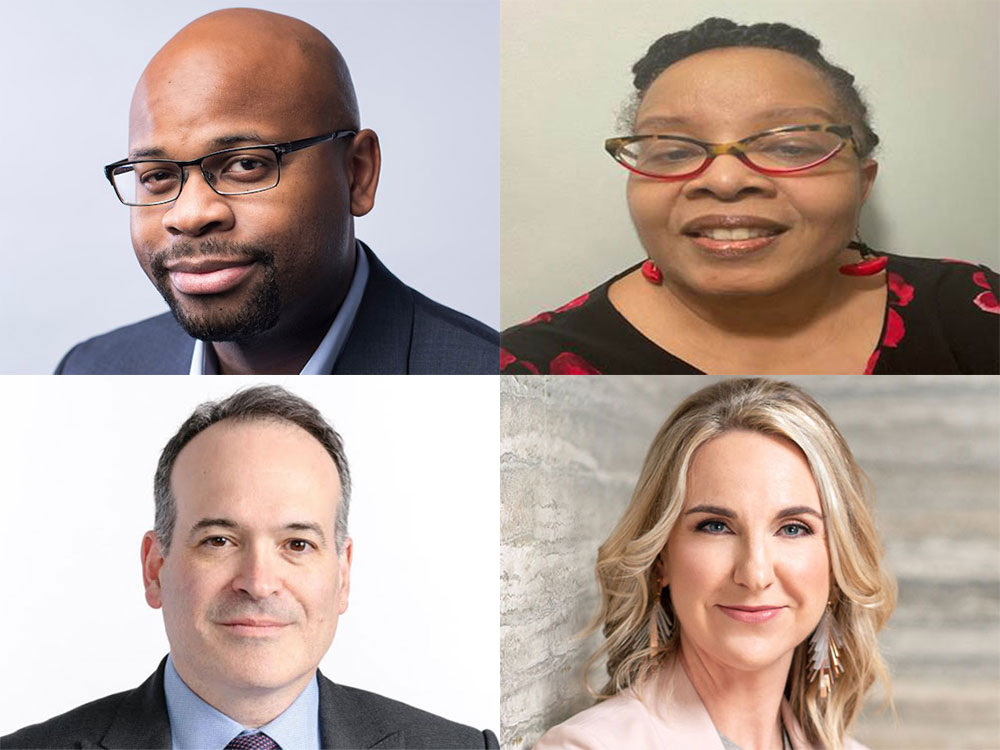
 Bradley Akubuiro (BSJ11) is the chief spokesperson and senior director of global media relations for The Boeing Company, the largest aerospace manufacturer in the world. In this role, he is responsible for leading Boeing’s team of company spokespeople enterprise wide in their efforts to advance and protect the company’s interests around the globe. Akubuiro has provided leadership and counsel through the company’s response to COVID-19, the national conversation around race and several news making challenges and milestones in its effort to return the grounded 737 MAX to commercial service.
Bradley Akubuiro (BSJ11) is the chief spokesperson and senior director of global media relations for The Boeing Company, the largest aerospace manufacturer in the world. In this role, he is responsible for leading Boeing’s team of company spokespeople enterprise wide in their efforts to advance and protect the company’s interests around the globe. Akubuiro has provided leadership and counsel through the company’s response to COVID-19, the national conversation around race and several news making challenges and milestones in its effort to return the grounded 737 MAX to commercial service. Marcia Davis is the supervising editor of race and identity at National Public Radio. She joined NPR in June 2020. A native of St. Louis, she spent more than 20 years as an editor and writer at The Washington Post.
Marcia Davis is the supervising editor of race and identity at National Public Radio. She joined NPR in June 2020. A native of St. Louis, she spent more than 20 years as an editor and writer at The Washington Post. Matt Murray (BSJ87, MSJ88) is editor in chief of The Wall Street Journal and Dow Jones Newswires, responsible for all global newsgathering and editorial operations.
Matt Murray (BSJ87, MSJ88) is editor in chief of The Wall Street Journal and Dow Jones Newswires, responsible for all global newsgathering and editorial operations. Emily Ramshaw (BSJ03), is co-founder and CEO of The 19th, a nonprofit, nonpartisan newsroom reporting at the intersection of gender, politics and policy. Most recently, Ramshaw was the editor-in-chief of The Texas Tribune, a Peabody Award-winning, 10-year-old news startup that boasts the largest statehouse bureau in the nation, powers the pages of newspapers across Texas and the nation, and is considered the gold standard for sustainability in local news. She is also the youngest person ever to be named to the board of the Pulitzer Prize, where she is serving a nine-year term.
Emily Ramshaw (BSJ03), is co-founder and CEO of The 19th, a nonprofit, nonpartisan newsroom reporting at the intersection of gender, politics and policy. Most recently, Ramshaw was the editor-in-chief of The Texas Tribune, a Peabody Award-winning, 10-year-old news startup that boasts the largest statehouse bureau in the nation, powers the pages of newspapers across Texas and the nation, and is considered the gold standard for sustainability in local news. She is also the youngest person ever to be named to the board of the Pulitzer Prize, where she is serving a nine-year term.